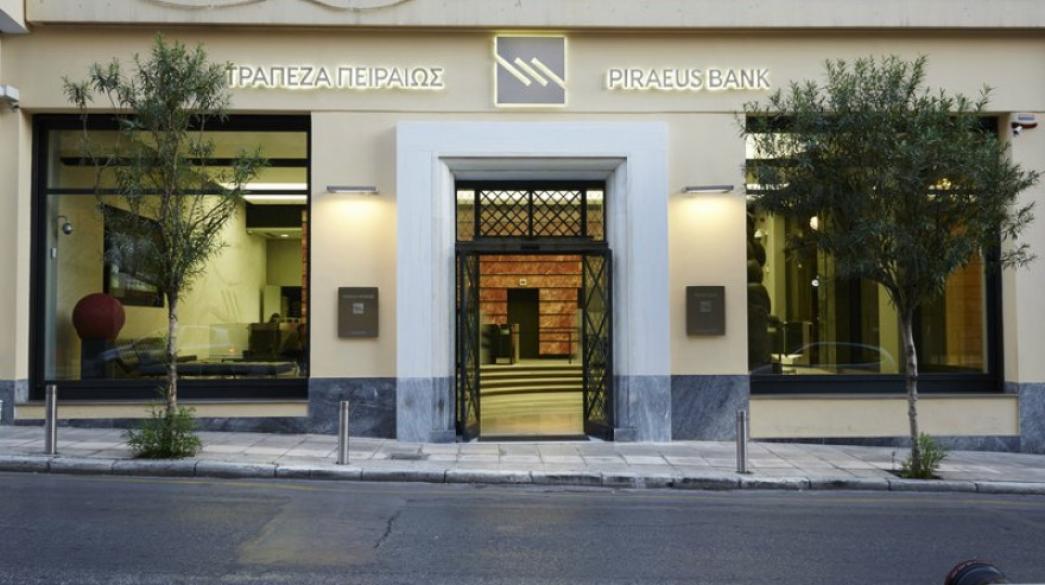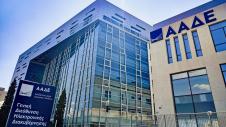Shares in Piraeus Bank, Greece's largest lender, have gotten off to a strong start to the year, extending record gains of 424 percent for 2019 and turning into a nightmare for investors shorting the stock, or betting that it will drop in value.
Investors, such as Lansdowne Partners, have taken positions that benefit from a drop in Piraeus Bank share value, predicting that Greece's lenders will require more capital but the stocks have continued to move sharply higher, adding more than 6 percent since the start of 2020.
Lansdowne Partners has shorted 2.83 percent of Piraeus Bank's shares, in a position that it boosted in July. The fund has is also betting on more drops in Greek shares, short-selling 1.61 percent of PPC, 1.1 percent of Alpha Bank and 1.02 percent of Eurobank.
Along with Oceanwood Capital and Marshall Wace, Lansdowne Partners has been among the most pessimistic players on the Athens bourse, foreseeing more problems in the banking sector and an inability by lenders to manage billions of euros of bad loans weighing on their balance sheets.
In a presentation made to some 100 investors in October 2018, Lansdowne said that Greek lenders will need a further 7 billion euros in new capital, when the sector's market value reached 5.4 billion euros, triggering a wave of selling in bank shares. That forecast also included a prediction that PPC will go bankrupt and that this will add a one billion euro burden on banks.
Analysts estimate that funds that have taken a short position on Greek banks have been hit with significant losses after the 2019 rally in prices.
Piraeus Bank was considered by many to be the weak link in the country's financial system, but the bank has managed to implement a plan that has gained the confidence of investors. In 2018, it reduced bad loans by a record amount, exceeding its five billion euro target, cut its reliance on emergency ELA funding, boost deposits by 10 percent and lowered operating costs by 7 percent.
In 2019, the lender completed a restructuring plan and a move to strengthen its capital by raising 500 million euros from a Tier 2 bond issue, the first of its kind in Greece in 11 years, while also paying the coupon on convertible bonds (CoCos). At the end of last year, Piraeus Bank showed another large drop in non-perfoming loans (NPLs) and improved its liquidity position. Another key development was a strategic agreement the lender struck up with Intrum, which acquired 80 percent of its NPL management unit, creating Intrum Hellas.









